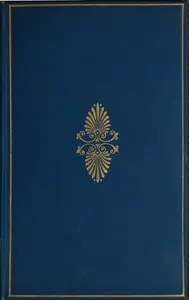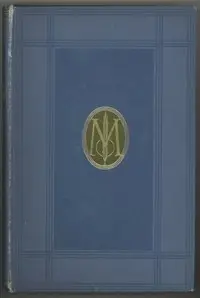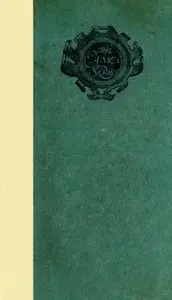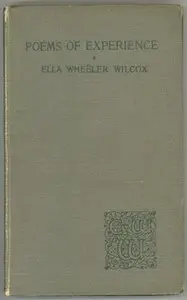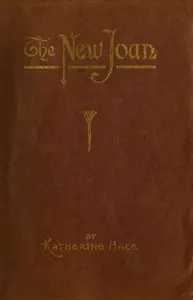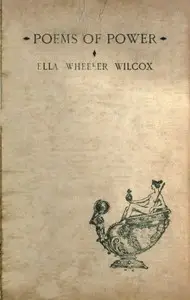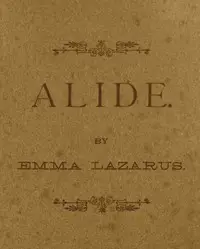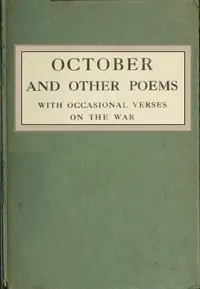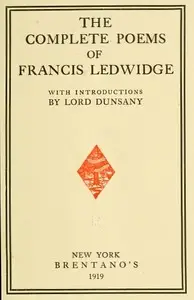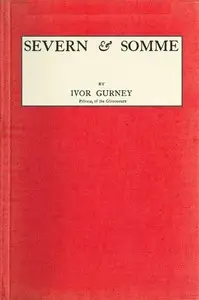"The Poems of Emma Lazarus, Volume 2" by Emma Lazarus offers a glimpse into the soul of Jewish identity through powerful poems and translations. The collection captures the trials, strength, and enduring hope of Jewish people. The book opens with a look into Lazarus’s life, revealing how early encounters with sorrow and longing shaped her into a voice of Jewish culture and pride. The first poems in the volume touch on exile, historical burdens, and the promise of the Jewish New Year, painting a picture of a people's journey through time. Throughout the book, there is a strong sense of wanting a home and belonging, combined with a plea for Jewish people to come together and remember their shared past, setting a thoughtful tone across the body of her work.

The Poems of Emma Lazarus, Volume 2 Jewish poems: Translations
By Emma Lazarus
Experience the raw emotion of a people's history through poems that sing of loss, identity, and a burning desire for unity.
Summary
About the AuthorEmma Lazarus was an American author of poetry, prose, and translations, as well as an activist for Jewish and Georgist causes. She is remembered for writing the sonnet "The New Colossus", which was inspired by the Statue of Liberty, in 1883. Its lines appear inscribed on a bronze plaque, installed in 1903, on the pedestal of the Statue of Liberty. Lazarus was involved in aiding refugees to New York who had fled antisemitic pogroms in eastern Europe, and she saw a way to express her empathy for these refugees in terms of the statue. The last lines of the sonnet were set to music by Irving Berlin as the song "Give Me Your Tired, Your Poor" for the 1949 musical Miss Liberty, which was based on the sculpting of the Statue of Liberty. The latter part of the sonnet was also set by Lee Hoiby in his song "The Lady of the Harbor" written in 1985 as part of his song cycle "Three Women".
Emma Lazarus was an American author of poetry, prose, and translations, as well as an activist for Jewish and Georgist causes. She is remembered for writing the sonnet "The New Colossus", which was inspired by the Statue of Liberty, in 1883. Its lines appear inscribed on a bronze plaque, installed in 1903, on the pedestal of the Statue of Liberty. Lazarus was involved in aiding refugees to New York who had fled antisemitic pogroms in eastern Europe, and she saw a way to express her empathy for these refugees in terms of the statue. The last lines of the sonnet were set to music by Irving Berlin as the song "Give Me Your Tired, Your Poor" for the 1949 musical Miss Liberty, which was based on the sculpting of the Statue of Liberty. The latter part of the sonnet was also set by Lee Hoiby in his song "The Lady of the Harbor" written in 1985 as part of his song cycle "Three Women".

